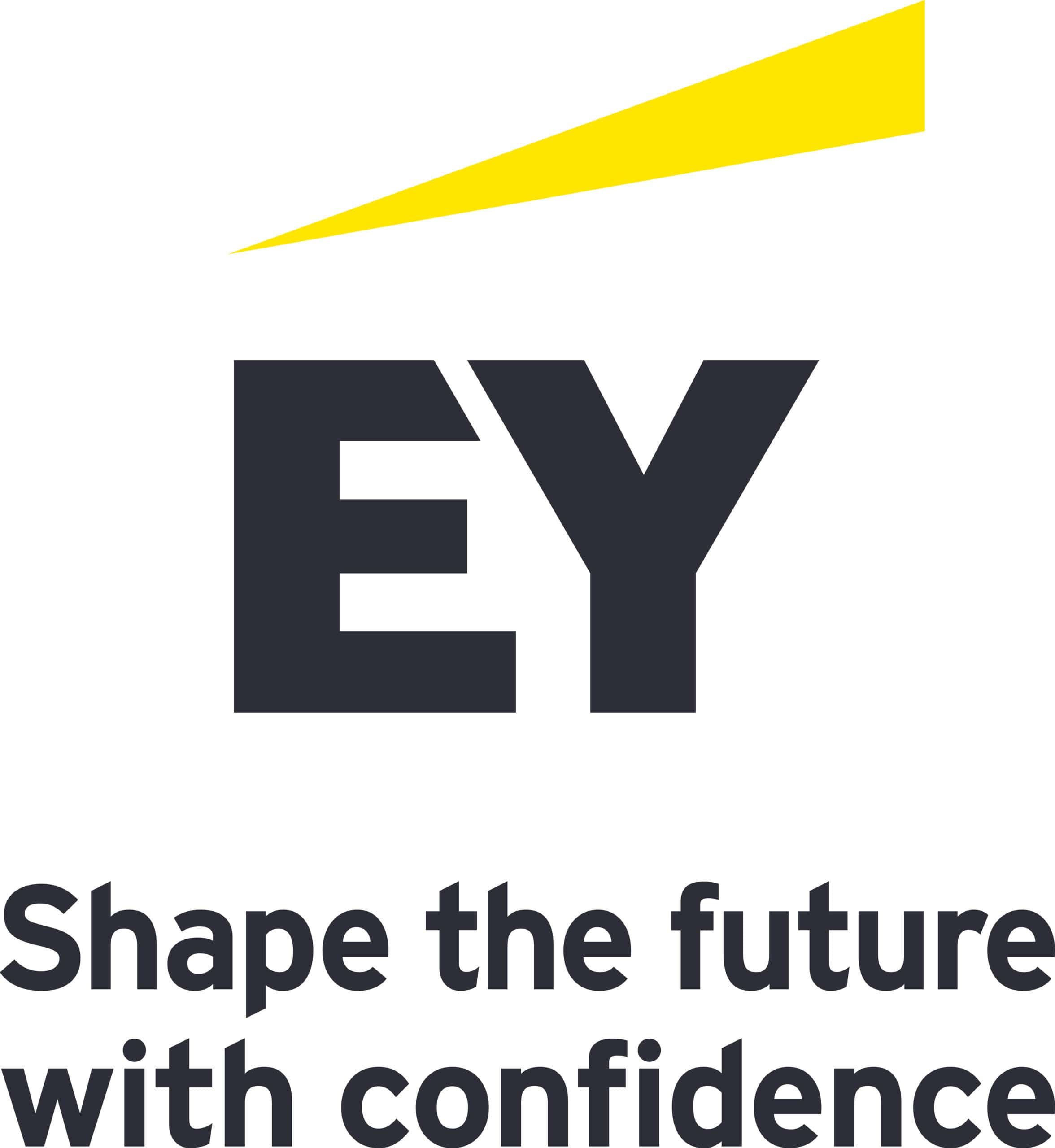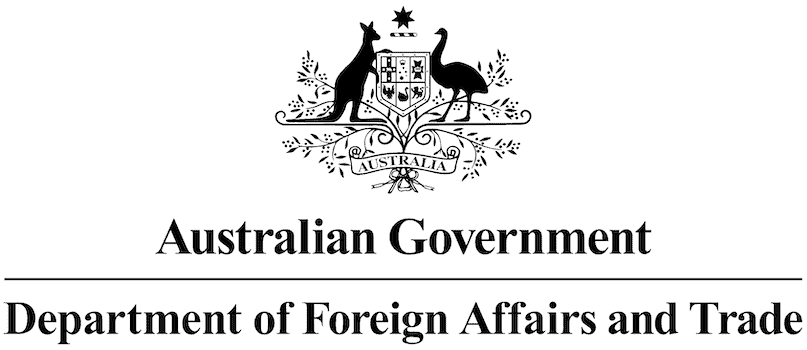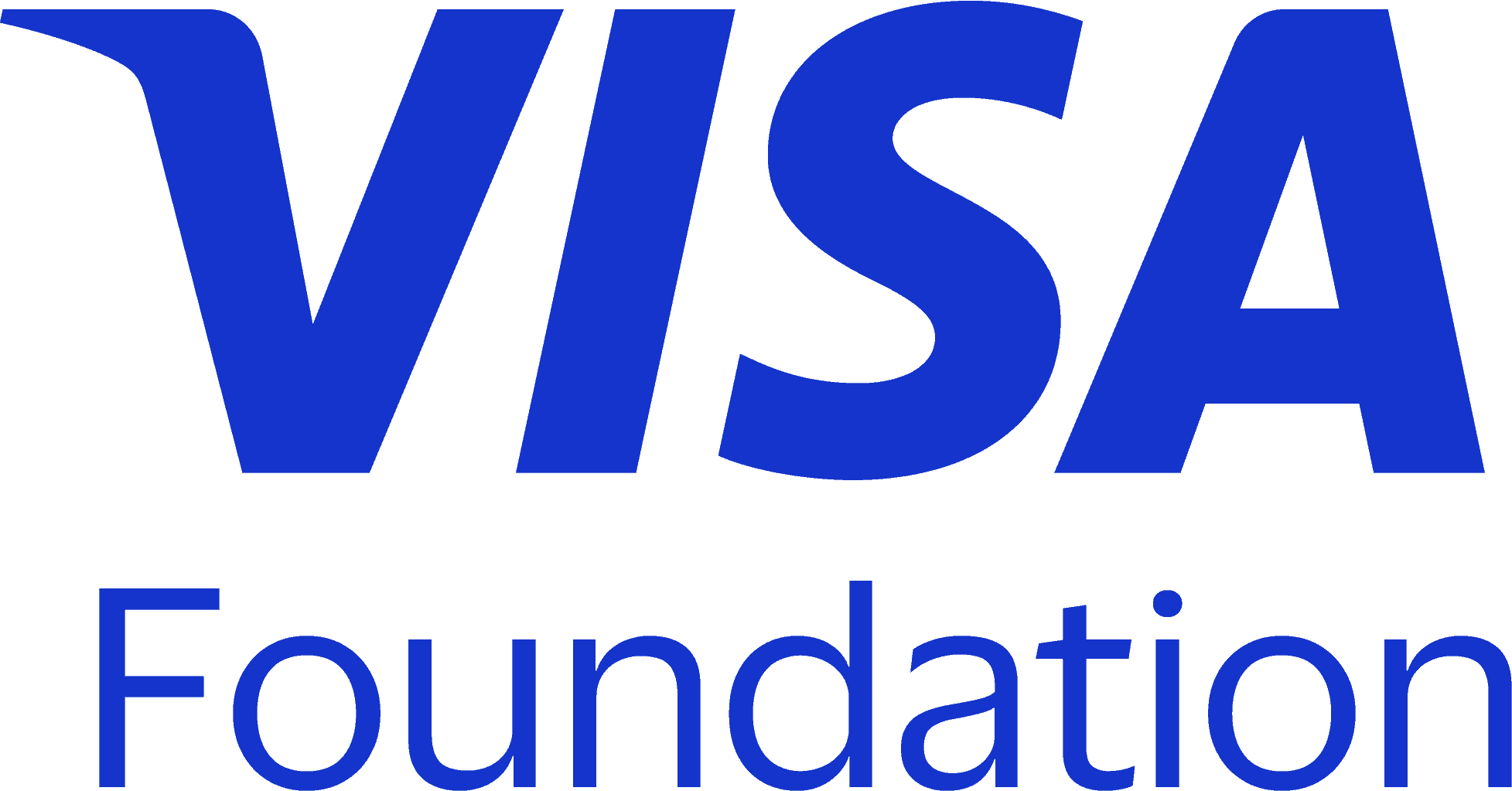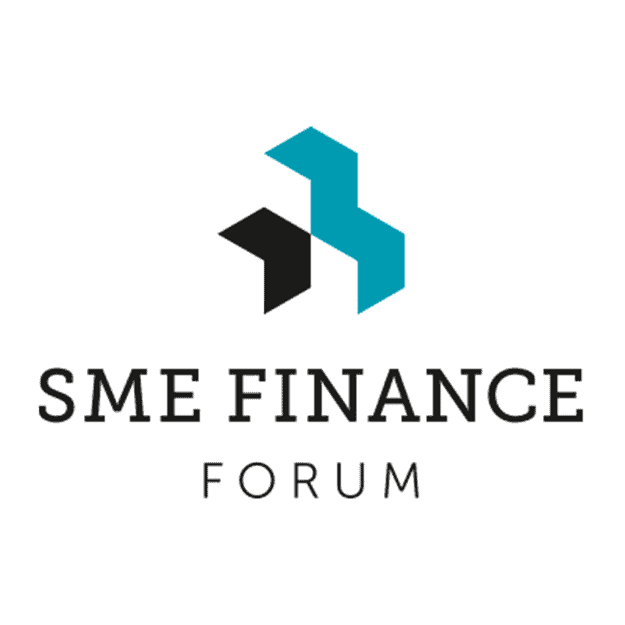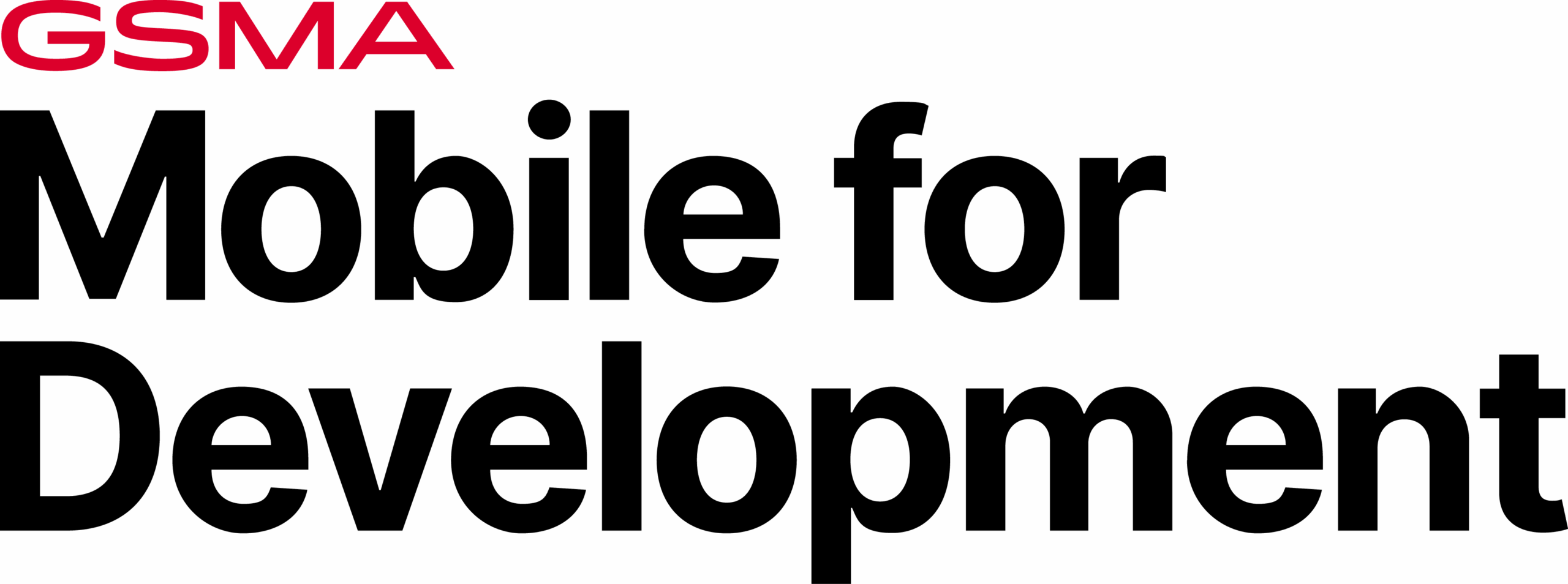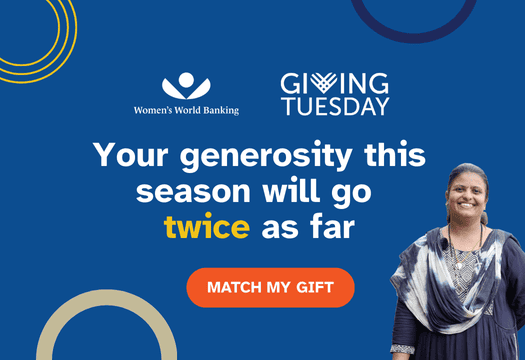Unlocking Growth Opportunities for All
A dynamic gathering of global leaders, policymakers, financial services providers, and innovators committed to closing the gender gap in financial access.

Despite playing a vital role in driving global economic growth, nearly 1 billion women remain excluded from the formal financial sector.
It’s time for that to change.
Women’s World Banking proudly presents Unlocking Growth Opportunities for All: Financial Inclusion Forum 2025 — a high-impact convening committed to turning global dialogue into local action.
Building on the global forums during September, this Forum offers a rare opportunity: a space where strategies are sharpened, solutions are grounded, and commitments become catalysts for change. Through intimate, closed-door roundtables, global insights are refined into real-world policy actions. The focus is clear: unlocking the power of inclusive finance to drive economic resilience, especially for women.
This year, we’ll zero in on three foundational pillars of financial inclusion:
Consumer Protection. Digital Identity. Inclusive Payments.
These are the building blocks of a financial system that works for everyone. Because when we design financial solutions with women at the center, we create stronger, more inclusive economies for all.
Day One: 9 September
Radisson Blu Hotel, Sandton Johannesburg, Floor 12,
Rivonia Rd, Daisy St, &, Sandton, 2196, South Africa
9:00 AM │ Registration opens
12:00 PM │ Lunch & Networking
- A quick welcome to Johannesburg and the Forum paired with lunch and intentional networking activities.
1:00 PM │ Opening Keynote │ Room: JSE 1, 2, 3
- H.E. Fatma Al Jabri, Assistant Governor, Central Bank of the UAE
1:20 PM │ Opening Keynote │ Room: JSE 1, 2, 3
- Christine Wu, Interim Co-Chief Executive: Personal and Private Banking, Absa Group
1:45 PM │Insights to Outcomes: 3 Key Elements of Digital Public Infrastructure │ Room: JSE 1, 2, 3
Three experts examine the relationship between access to identification, payments, and consumer protection and their impact on financial inclusion.
- Natalie Baatijies, Senior Program Officer, Gates Foundation
- Naoko Koyama-Blanc, Partner, Dalberg Advisors
- Thierno Diarra, Principal ICT Solutions Architect, AfDB
- Luis Gustavo Mansur Siqueira, Head of Department of Financial Citizenship, Bank of Brazil
2:35 PM │Roundtable: From ID to Payments to Consumer Protection—Bridging Customer Lifetime Value and Women’s Economic Empowerment │ Room: JSE 1, 2, 3
This high-level roundtable will explore what it takes to build a truly inclusive and sustainable financial system for women—from their first point of access to long-term retention and trust. Anchored in three pillars—universal identification, inclusive payments, and consumer protection—the session will map the women’s customer journey across emerging markets.
- Francesca Brown, Global Director of Policy & Advocacy, Women’s World Banking
- Gerhard Coetzee, Independent Consultant, formerly CGAP
- Ashley Olson Onyango, Head of Financial Inclusion and Agritech, GSMA
- Sabine Mensah, Deputy CEO, AfricaNenda
- Nolwazi Hlophe, Senior Specialist, Financial Sector Conduct Authority (FSCA) of South Africa
- Aria Widyanto, President Director, Amartha
- Nishdeep Sethi, Group Director Structured Finance and Products, African Guarantee Fund
- Candace Kelly, Chief Legal Officer of the Stellar Development Foundation
- Nono Malefane, Senior Director, Government Engagement, Visa
4:05 PM │Coffee/Tea Break
4:25 PM │Option 1 – Solving for Scale: Innovation & Women MSME Economic Empowerment Showcase │ Room: JSE 1, 2, 3
Two policy figures and two financial services providers from around the world present solutions in 10-minutes that utilize digital innovation, demonstrating scalable systems in real-world scenarios for MSMEs.
- Yayeri Kisaame, National Program Officer, SECO
- Heidi Patmore, CMO, Paycode
- Elizabeth Wasunna-Ochwa, Director of Business Banking, Absa Group
- Dr. Amal Idrissi, Executive Director, SME Observatory
4:25 PM │Option 2 – Rethinking Remittances: Payments on the Move│Room: Riviona (Floor 7)
A cross border-finance advocate, a fintech payments architect, and a remittance regulator unpack how next-generation rails can move money faster, safer, and cheaper—whether across borders or within them. Together, they explore how lived experience, infrastructure innovation, and enabling regulation converge to turn remittances into engines of household resilience.
- Anastacia Ngunjiri, Associate, iGravity
- Pedro De Vasconcelos, Lead Technical Specialist and Financing Facility for Remittances Manager, IFAD
- Rekha Chifuwe Mhango, Deputy Governor, Bank of Zambia
- Azleena Binti Idris, Head of Strategy & ESG, Paynet Malaysia
5:25 PM │ Closing Remarks │ Room: JSE 1, 2, 3
- Lineshree Moodley, Country Head, Visa, South Africa; Member of the B20 Task Force on Industrial Transformation & Innovation
5:35 PM │ Closing Ceremony – “In the Spirit of Ubuntu” │ Room: JSE 1, 2, 3
- Local dancers and percussionists deliver a performance that celebrates the South African philosophy of interconnectedness, “Ubuntu” or “I am because we are.”
6:00 PM │ VIP Cocktail Reception
- An exclusive celebration of impact achieved by Women’s World Banking and partners.
Day Two: 10 September
9:00 AM │ Opening Remarks │ Room: JSE 1, 2, 3
- Elizabeth Gathai, Regional Head, Africa, Women’s World Banking
- Stephen Ambore, Director of Policy, Africa, Women’s World Banking
9:05 AM │ Opening Keynote │ Room: JSE 1, 2, 3
“Encouraging Commitments for Economic Empowerment & Growth”
- Qamar Saleem, CEO, SME Finance Forum
9:15 AM │ FSP & Policymaker Workshop: Overcoming Barriers to Create Economic Growth for All │ Room: JSE 1, 2, 3
This hands-on session will dive into the challenges financial service providers (FSPs) and policymakers face in advancing inclusive finance. Through real-world use cases from markets that have successfully navigated these barriers, participants will workshop strategies to overcome obstacles and move forward with actionable insights.
- Francesca Brown, Global Director of Policy & Advocacy, Women’s World Banking
- Sonja Kelly, Global Head, Women’s World Banking Institute
- Stephen Ambore, Director of Policy, Africa, Women’s World Banking
- Tumubweine Twinemanzi, Executive Director, Payment Systems Directorate, Bank of Uganda
- Ngozi Ndefo, Associate, Advisory Services, Africa, Women’s World Banking
- Closing remarks: Dr. Monique Nsanzabaganwa, Diplomat; Former Deputy Chair of African Union Commission
11:25 AM │ Closing Remarks │ Room: JSE 1, 2, 3
- Ineke Bussemaker, Former CEO, NMB Plc (National Microfinance Bank); Board Member, Women’s World Banking
Forum Speakers

H.E. Fatma Al Jabri
Assistant Governor, The Central Bank of the UAE

Ade Ashaye
Founder, Better Energi

Natalie Baatjies
Senior Program Officer, Gates Foundation

Francesca Brown
Director of Policy and Advocacy, Women’s World Banking
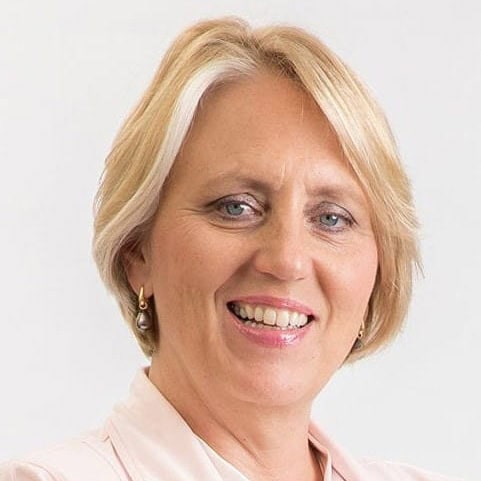
Ineke Bussemaker
Former CEO, NMB Plc (National Microfinance Bank)

Gerhard Coetzee
Independent Consultant, Formerly CGAP

Pedro De Vasconcelos
Program Manager, IFAD
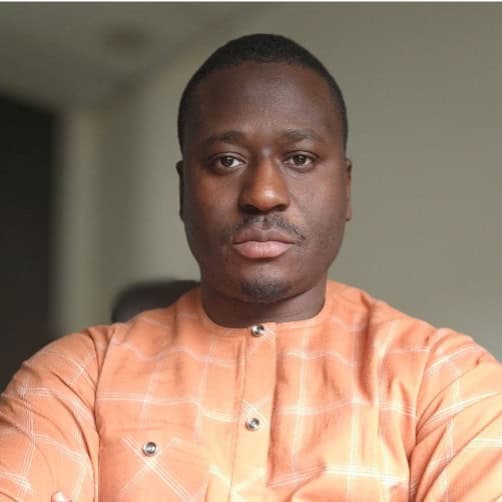
Thierno M. Diarra
Principal ICT Solutions Architect, the African Development Bank
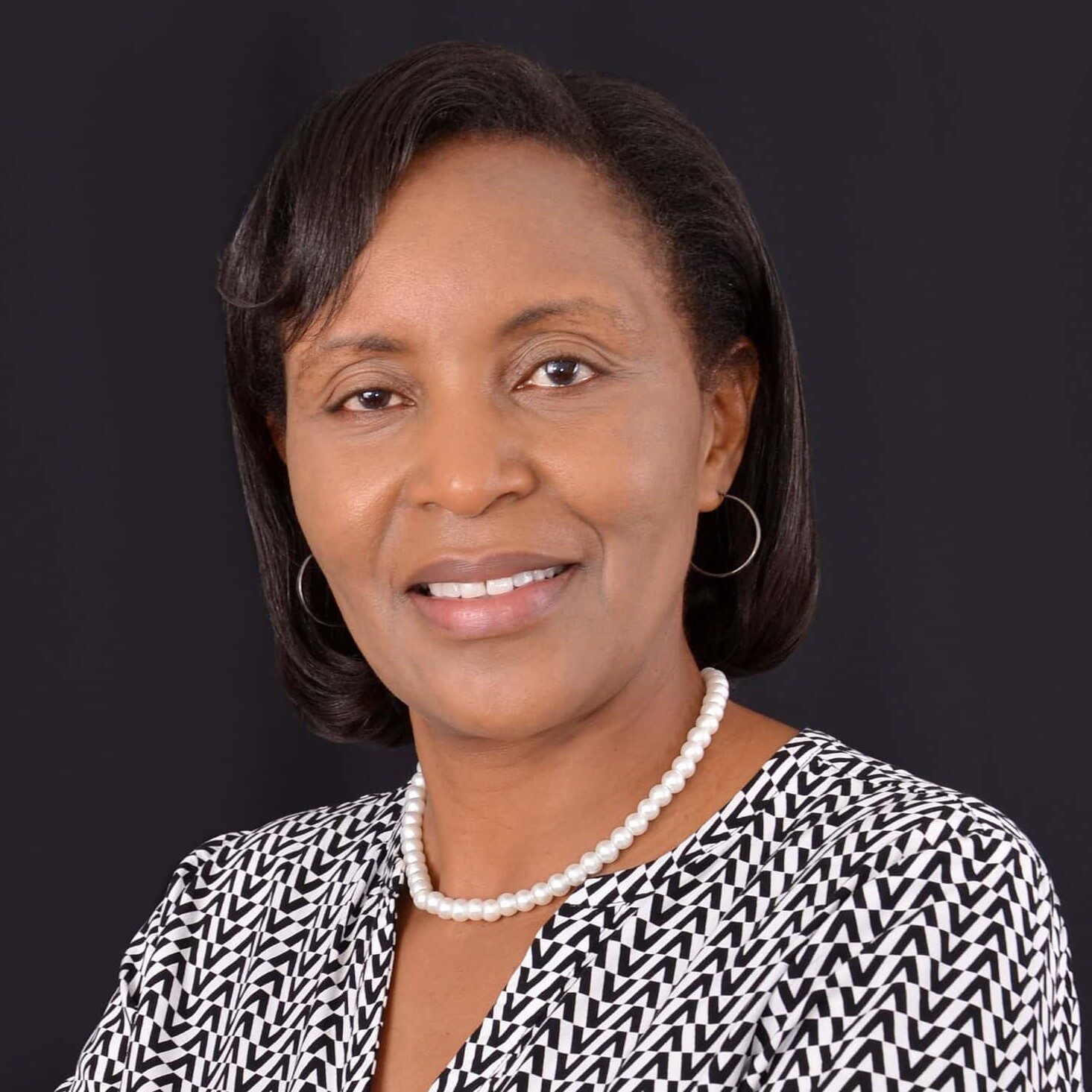
Elizabeth Gathai
Regional Head, Africa, Women’s World Banking

Luis Gustavo Mansur Siqueira
Head of Department, Financial Citizenship, Bank of Brazil
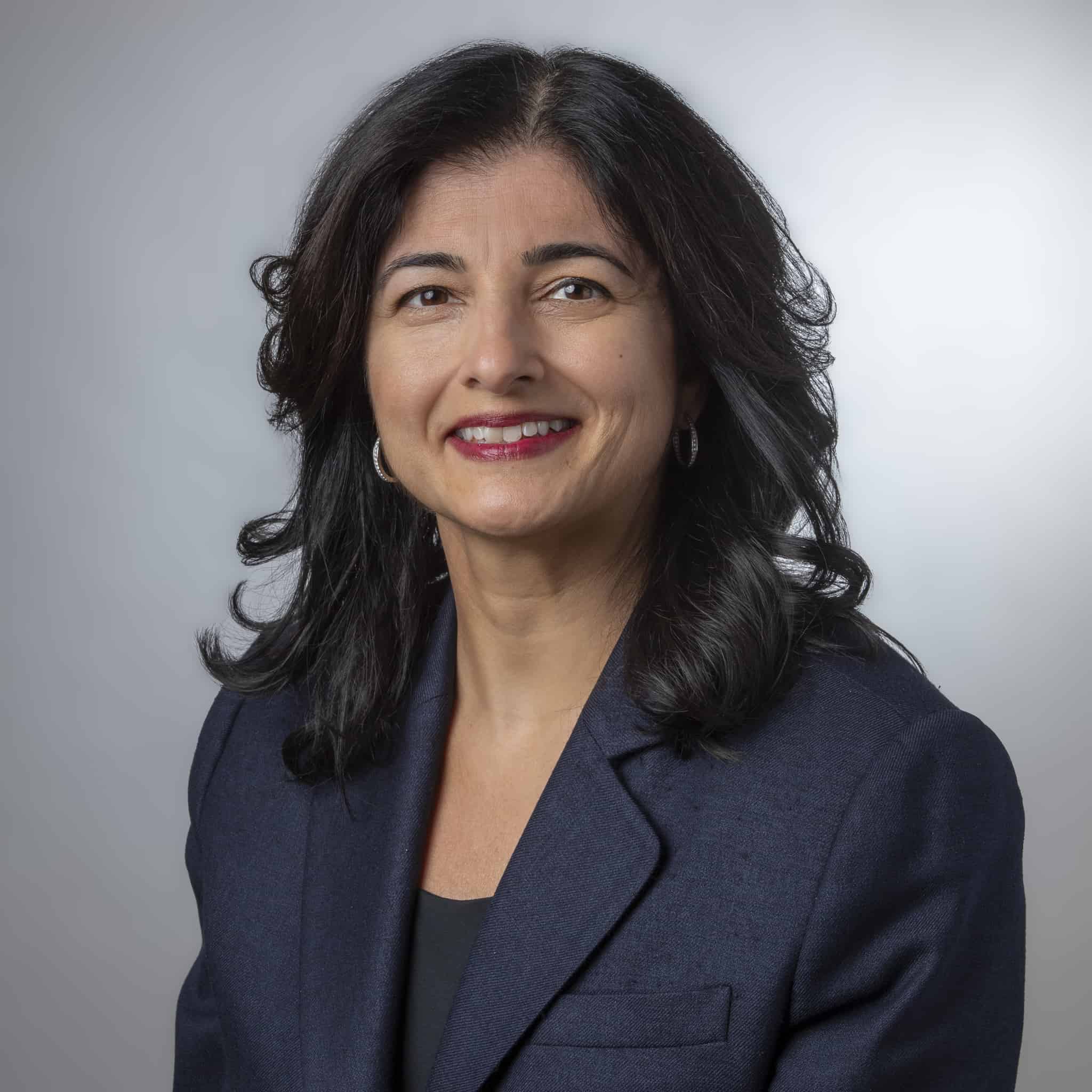
Seema Hingorani
Managing Director, Morgan Stanley Investment Management
Founder & Chair, Girls Who Invest

Nolwazi Hlope
Senior Fintech Specialist, Financial Sector Conduct Authority (FSCA) of South Africa
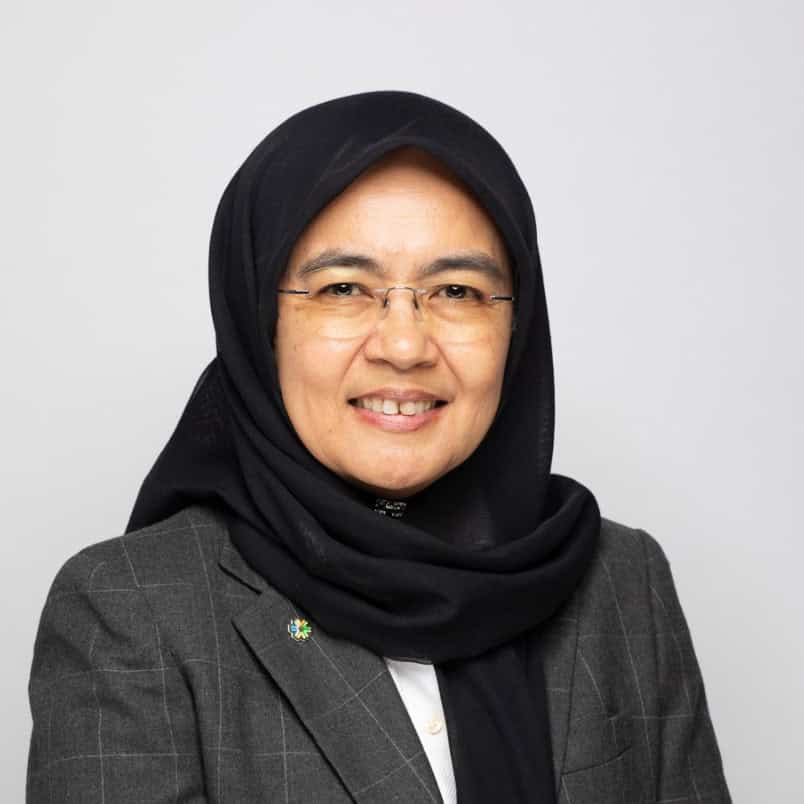
Azleena Idris
Senior Director, Strategy & ESG, Payments Network Malaysia (PayNet Malaysia)

Dr. Amal Idrissi
Executive Director, SME Observatory
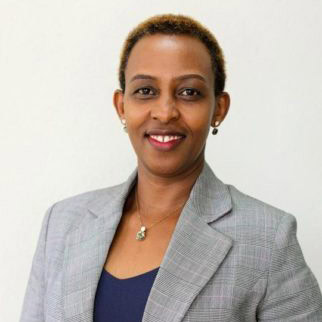
Frances Ihogoza
Executive Director, National Bank of Rwanda
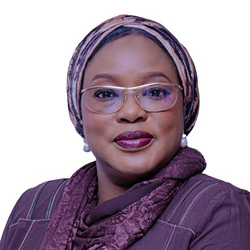
Aisha Isa-Olatinwo
Director, Consumer Protection and Financial Inclusion, Central Bank of Nigeria

Candace Kelly
Chief Legal and Policy Officer, Stellar Development Foundation

Sonja Kelly
Global Head, Women’s World Banking Institute
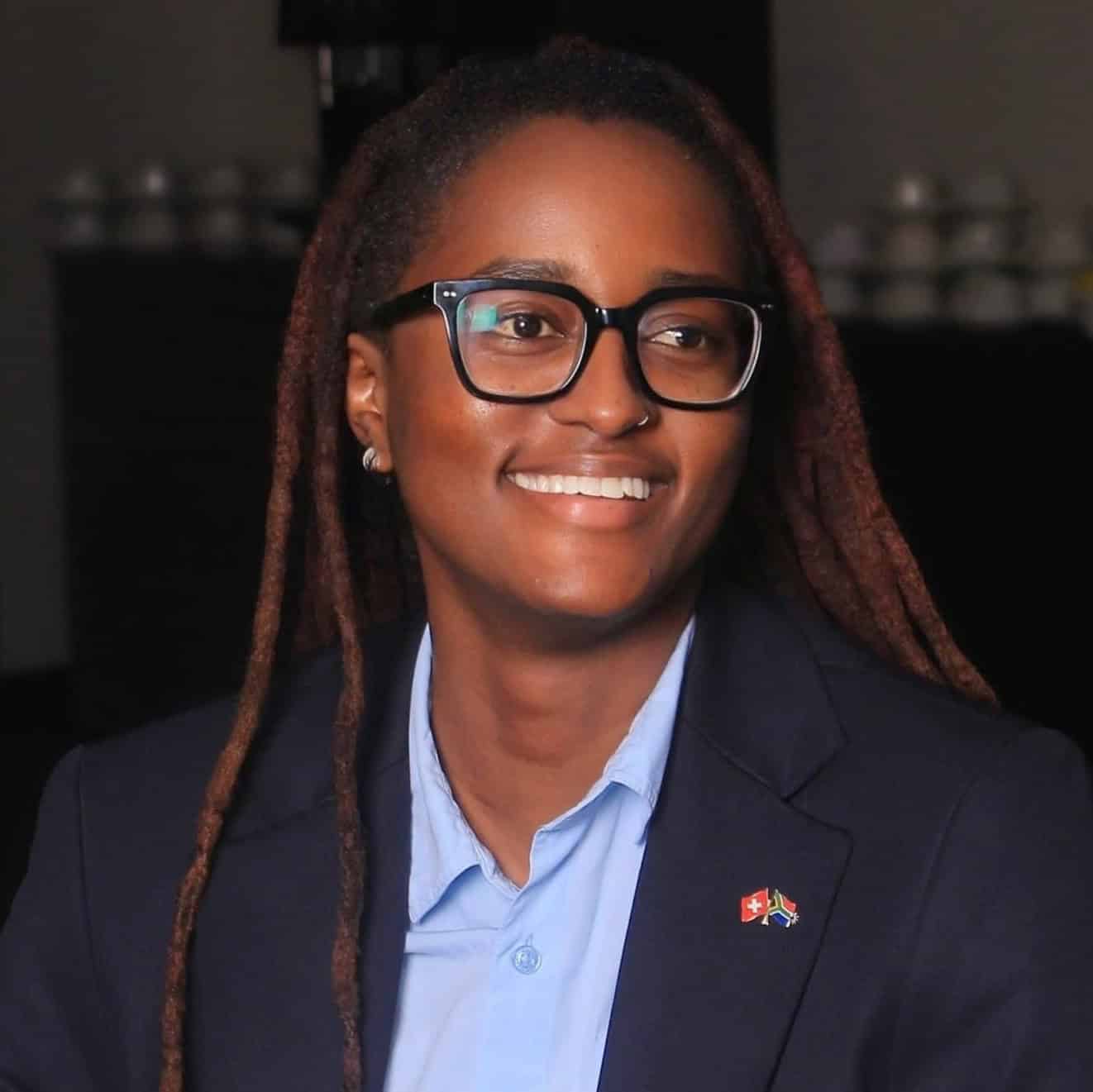
Yayeri Kisaame
National Program Officer for Private Sector Development, Swiss State Secretariat for Economic Affairs (SECO)

Naoko Koyama-Blanc
Partner, Dalberg Advisors
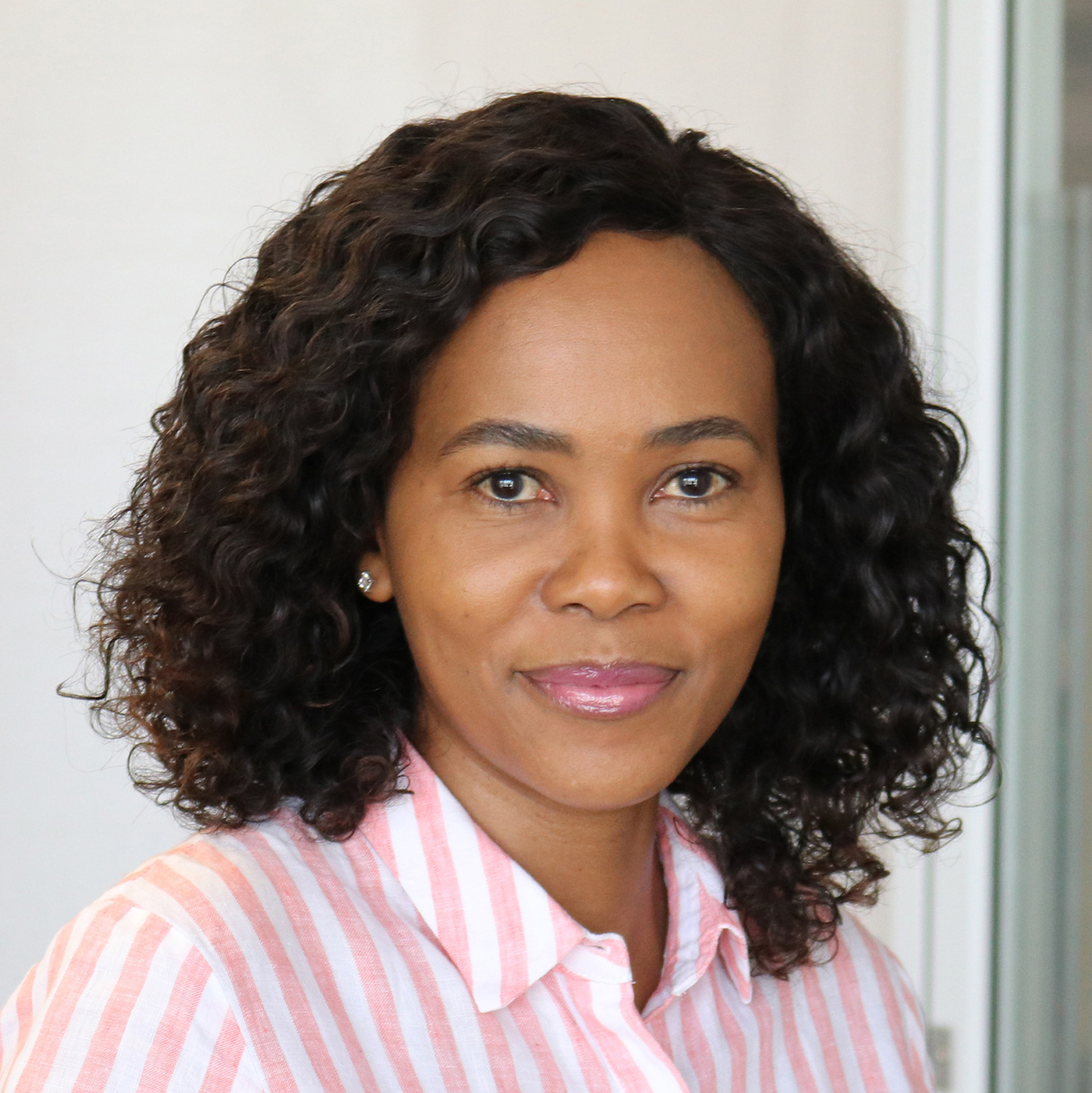
Jabulile Kubheka
Africa Talent Leader, EY
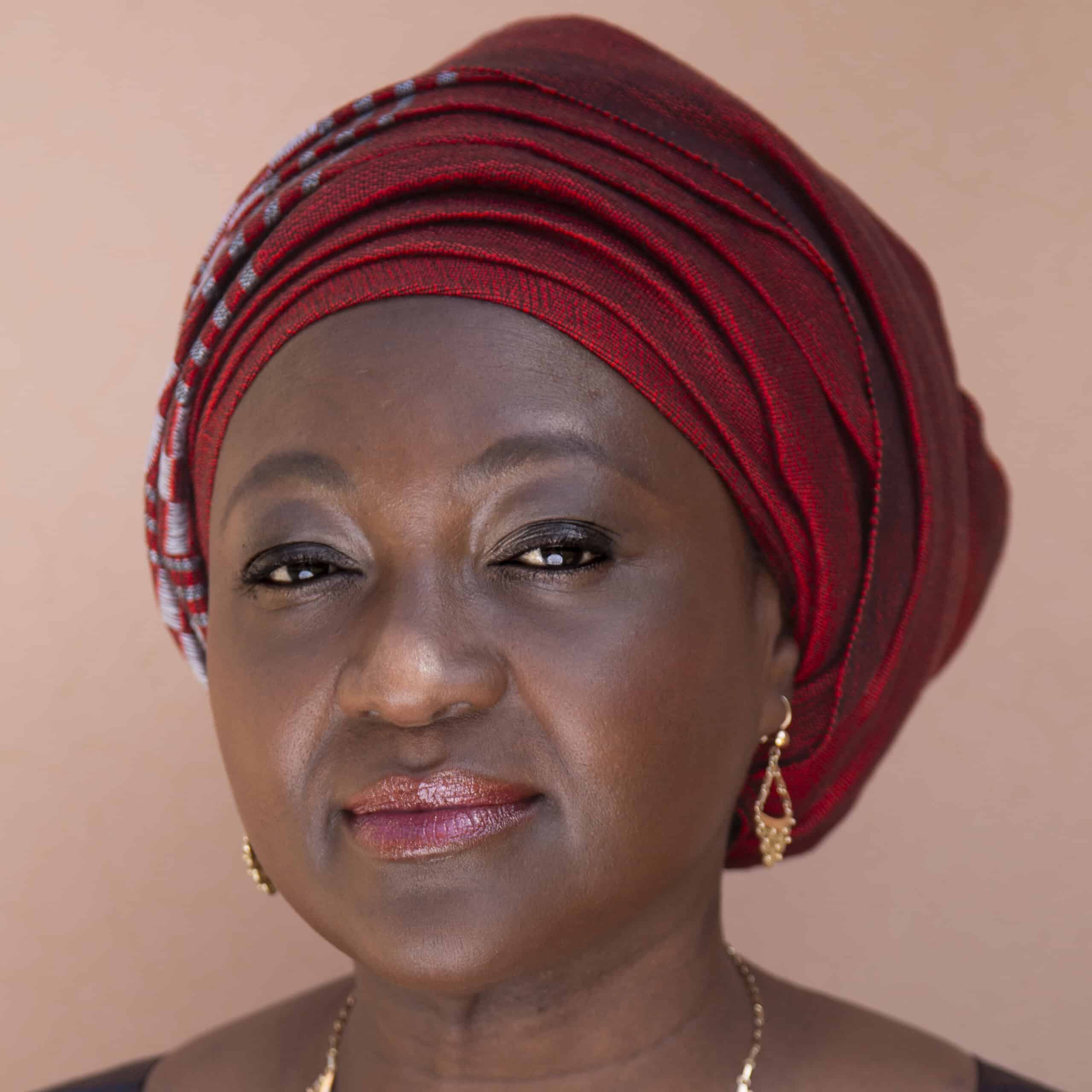
Sabine Mensah
Deputy CEO, AfricaNenda

Rekha Chifuwe Mhango
Deputy Governor, Bank of Zambia
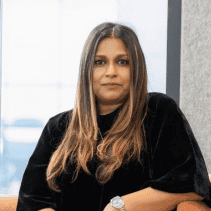
Lineshree Moodley
Country Manager, Visa, South Africa

Anastacia Ngunjiri
Associate, iGravity
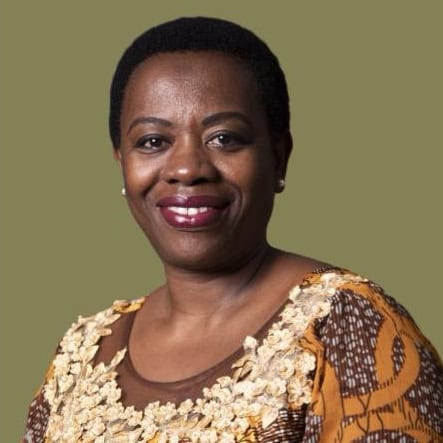
Dr. Monique Nsanzabaganwa
Former Deputy Chairperson, African Union Commission
Former Deputy Governor, The National Bank of Rwanda

Ashley Olson Onyango
Head of Financial Inclusion and Agritech, GSMA
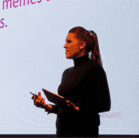
Heidi Patmore
Chief Marketing Officer, Paycode

Brendan Pearce
CEO, FinMark Trust
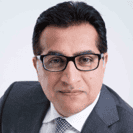
Qamar Saleem
CEO, SME Finance Forum

Nishdeep Sethi
Group Director, Structured Finance and Products, African Guarantee Fund

Dr. Tumubweine Twinemanzi
Executive Director Supervision, Bank of Uganda
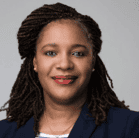
Elizabeth Wasunna
Director of Business Banking, Absa

Aria Widyanto
President Director, Amartha

Christine Wu
Interim Co-CEO: Personal & Private Banking, Absa
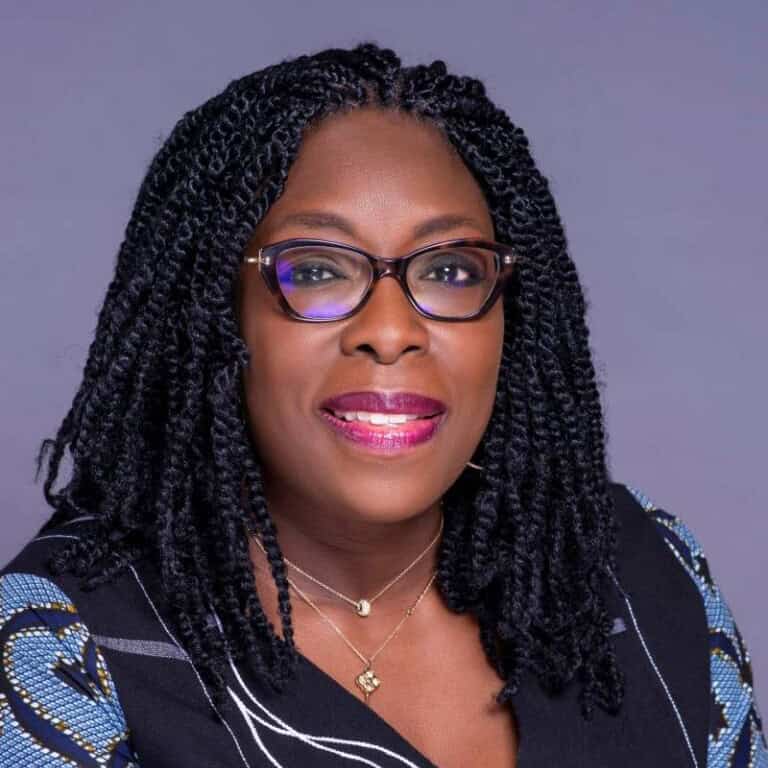
Zouera Youssoufou
Managing Director and CEO, Aliko Dangote Foundation
More to be announced - stay tuned!
Through our policy advocacy work, Women’s World Banking channels insights and knowledge from its research and advisory services to government ministries, regulatory and supervisory bodies, and individual policymakers seeking to advance women’s financial inclusion in their countries.
Policy Briefs & Diagnostics
- How Women’s Financial Inclusion Contributes to Financial Stability and Soundness: This brief highlights how women’s financial inclusion is essential to global financial stability and economic resilience. By analyzing key indicators of financial soundness, it makes the case that advancing gender-inclusive finance is a strategic move to strengthen markets, manage risk, and support long-term growth.
- Bridging the Gender Gap through Digital Identification Systems: This policy brief explores how inclusive digital ID systems can unlock life-changing opportunities for women, from financial access to essential services. By addressing the barriers women face, it outlines actionable steps for policymakers to close the gender gap and ensure no woman is left behind in the digital economy.
- CBDCs: A Catalyst for Women’s Financial Inclusion: This brief examines whether Central Bank Digital Currencies (CBDCs) can advance women’s financial inclusion and earn their trust. Through global case studies and practical recommendations, it explores how women-centered design and inclusive digital infrastructure can help CBDCs become a meaningful tool for reaching underserved women and expanding financial access.
- Unlocking Financial Resilience through Policy for Women in a Changing Climate: This policy diagnostic highlights the urgent need for climate-responsive financial solutions that center women’s economic empowerment. By examining global case studies and gender-focused policies, it offers actionable insights to help bridge the gap between climate resilience, gender equity, and financial inclusion.
- Action and Policy Recommendations to Collect Sex-Disaggregated Targets: This policy brief explores how Indonesia can strengthen women’s financial inclusion by improving the collection and use of sex-disaggregated data in the financial sector. With targeted recommendations for regulators and providers, it makes the case for data-driven policies that address gender-specific barriers and advance inclusive economic development.
Radisson Blu Hotel, Sandton Johannesburg, Floor 12,
Rivonia Rd, Daisy St, &, Sandton, 2196, South Africa
The Radisson Blu Hotel is in the heart of the city’s upscale business district and within walking distance of Gautrain Station, which connects to Johannesburg and the OR Tambo International Airport. Take advantage of the prime location minutes from attractions such as Nelson Mandela Square, Sandton City shopping center, and many restaurants.


